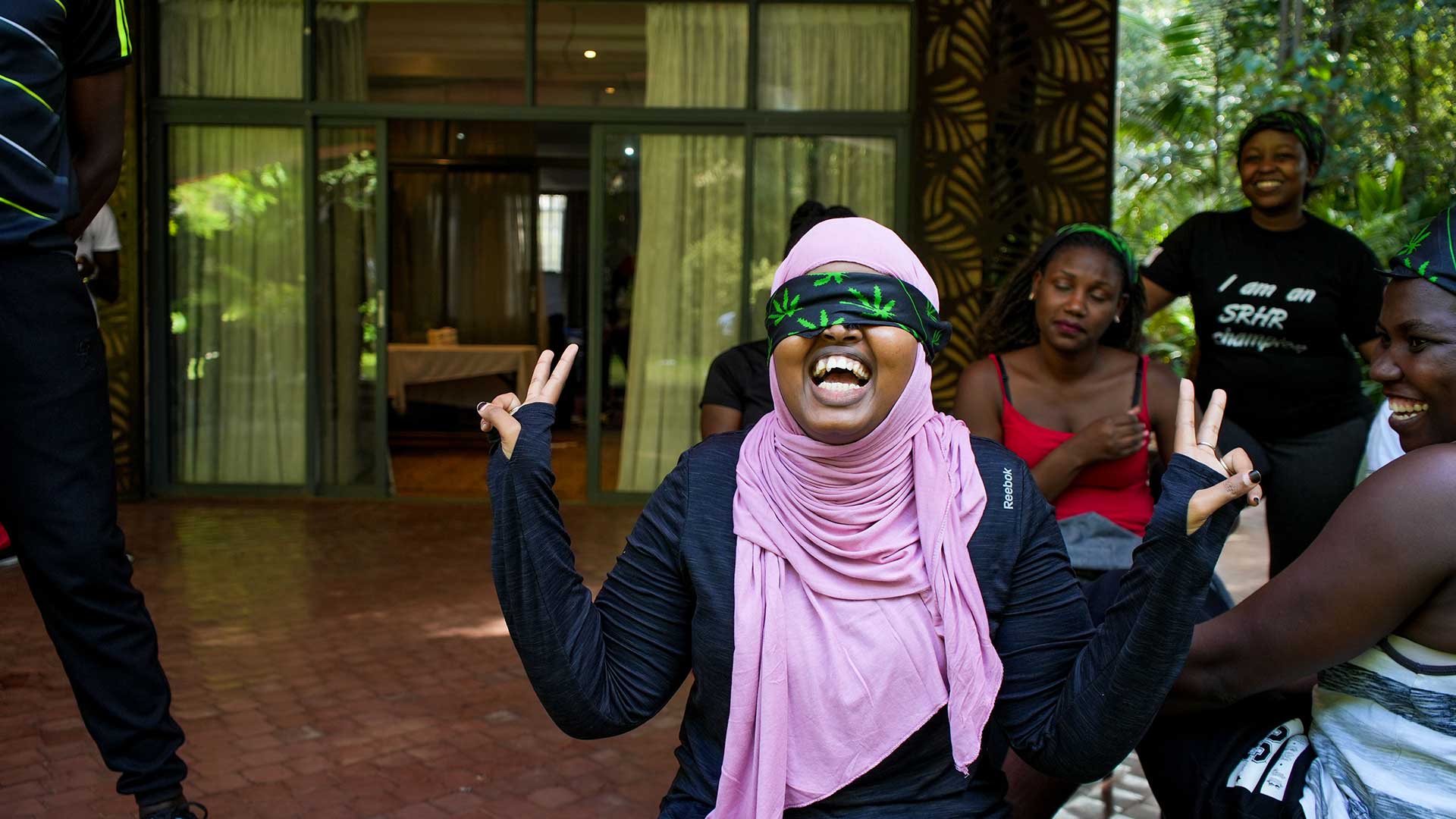Gender-based violence is rising as evidenced by a series of instances. Recently, we saw Boda Boda riders beat, grope, and rob a young woman motorist. Then came the insults hurled at Mama Ngina Kenyatta by a US-based blogger. Ida Odinga was heckled and booed in Meru, in the church of all places, last Saturday while this week a group of rowdy people threw stones at Nai- Robi Women Representative Esther Passaris’s motorcade in Westlands. These cases are rapidly increasing despite Kenya, under the Sustainable Development Goals, commitment to ending all forms of gender-based violence by 2030. Efforts to prevent and respond to GBV cases in Kenya have gone on for years but the progress has been too slow. Part of this is due to weak institutional capacities. One major catalyst of GBV is the under-representation of women in power and politics. They thus have fewer opportunities to shape discussions and affect policy changes to adopt measures to combat gender-based violence and support equality. Cultural norms also often dictate that men are aggressive, controlling, and dominant, while women are docile and subservient. These norms have fostered a culture of outright abuse, which should be shunned and condemned. More advocacy and capacity building are required for law enforcement agencies and institutions that implement the national policy on gender-based violence. There’s also a need for sensitization through community mobilization interventions to change unequal gender norms. The government must adopt these and scale them across the country. Addressing gender violence should involve all sections of society. It is instances of heckling that will graduate to gender-based violence in more fatal forms. If steps are not taken to end gender-based violence, soon it will be normalized and there will be an outburst of violence.


